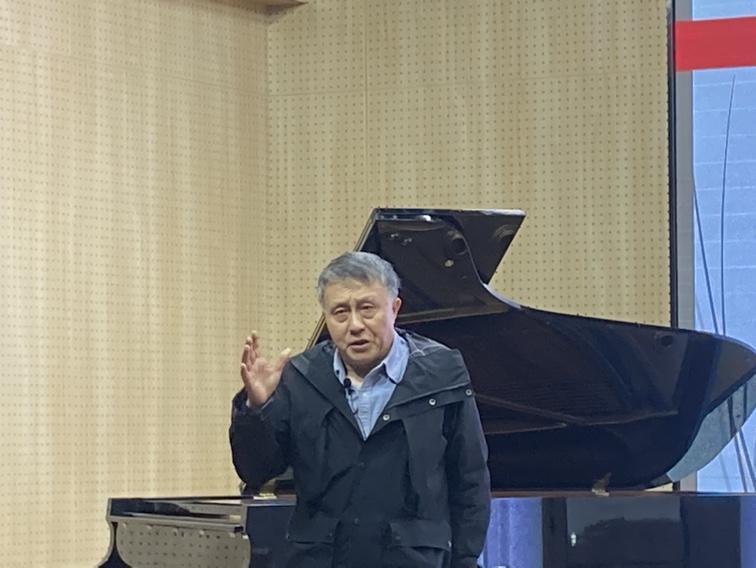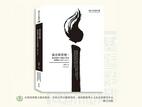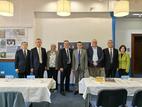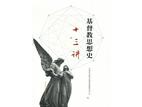On April 27, an online sharing session was held on the book Culture and Christ: From Swallowing to Saving Men.
This book, published in earlier this year, is a magnum opus by Christian playwright Jiang Yuanlai. It is a collection of Jiang’s most popular courses that he has taught in various places for more than two decades—the "Culture and Christ" series.
Jiang Yuanlai, a native of Shanghai, went to the remote villages of Heilongjiang to "settle in the countryside" for more than three years. He became a Christian in the 1980s and entered the field of Christian culture in the early 1990s. Jiang began his drama writing at the end of the 1990s and was recognized as one of the most important folk playwrights on the Chinese mainland by critics. Consisting of eight chapters, the book talks about the relationship between culture and Christ.
Shuai Hao, a non-Christian art history specialist and art critic, believes that in China, few are involved in art as Christian artists, and among those artists, few can express their art as Christian art. This is because China entered the world of contemporary art relatively late. “The United States is at the forefront of contemporary art, but the U.S. tries to prevent Christianity from entering the public arena. Nevertheless, Professor Jiang has made valuable contributions in this field,” he said.
Shuai believes that Jiang has also acted as a channel by interacting directly with the public all these years. “From Mr. Jiang's work, I see a connection between the academic frontier and ordinary people. In the book, while academic avant-garde ideas become a language that common people can understand, the voice of the public is also deeply heard.”
Independent Christian artist Zhang Yu comments that the book is down-to-earth and a great book on theology. He agrees with the book’s description of the current situation of the Chinese church: “In the book, Mr. Jiang points out that the church, which is like an eagle, should have two wings. One is the wing of evangelism, and the other is the wing of cultural and social mission. Unfortunately, churches today only have the evangelistic wing, but not the cultural wing.”
He adds, “Christian education is also going in the direction of ‘liberal arts education,’ as if it has a strong emphasis on elitist education, turning it into a modern training of ‘Shih Ta Fu’ (scholar-official in ancient China). Such a form of education is cut off from the rest of the world, and the preachers, pastors, and Christians so trained will be cut off from reality and become even more elitist. But Professor Jiang raises the direction of ‘liberal education,’ which is a very praiseworthy concept because it can not only revitalize people and their creativity but also increase their motivation for practical action.”
"Although the first missionaries who came to China were only in their early 20s, they went to the most remote mountainous areas and could manage on their own. But our seminary graduates today, who are also in their early 20s, still seem like babies who are unable to adapt to society, let alone go on missions to the ethnic minority regions or the barren mountains and primitive areas.”
Professor Liu Dahong from the Fine Arts College of Shanghai Normal University and a renowned oil painter, said that one thing he likes about Jiang's book is the richness of its contents. “From music to art to poetry to the many Christian communities he came in contact with, ranging from peasants to scholars. It is this richness that caught my interest.”
Ms. Zhang, a Christian who worked as a journalist for many years and is now a teacher, also gave some feedback on the book: “This book contains many interviews and records, all of which are first-hand information that Professor Jiang obtained by traveling to the ends of the earth. These are true records that can help us get the whole picture of this country and society. The Scream of Lu Xun is very famous, and in Professor Jiang’s book, you can see that he is having a dialog with Lu Xun. In this book, I can hear Professor Jiang's cry, it is a cry for this country, a cry for cultural redemption, and a cry for unity.”
Jiang Yuanlai responded: “I would say that this book is a fruit I bear from the Christian community. Everything took place in the Christian community, from the beginning of the idea of this book to the conceptualization and development of its content. It includes my lectures, the discussions with my seminary students, and my ministries. It is a book that has gradually ‘ripened’ over the past 20 years, and it is also a report to the Lord, completed together with many people.”
- Translated by Joyce Leung











